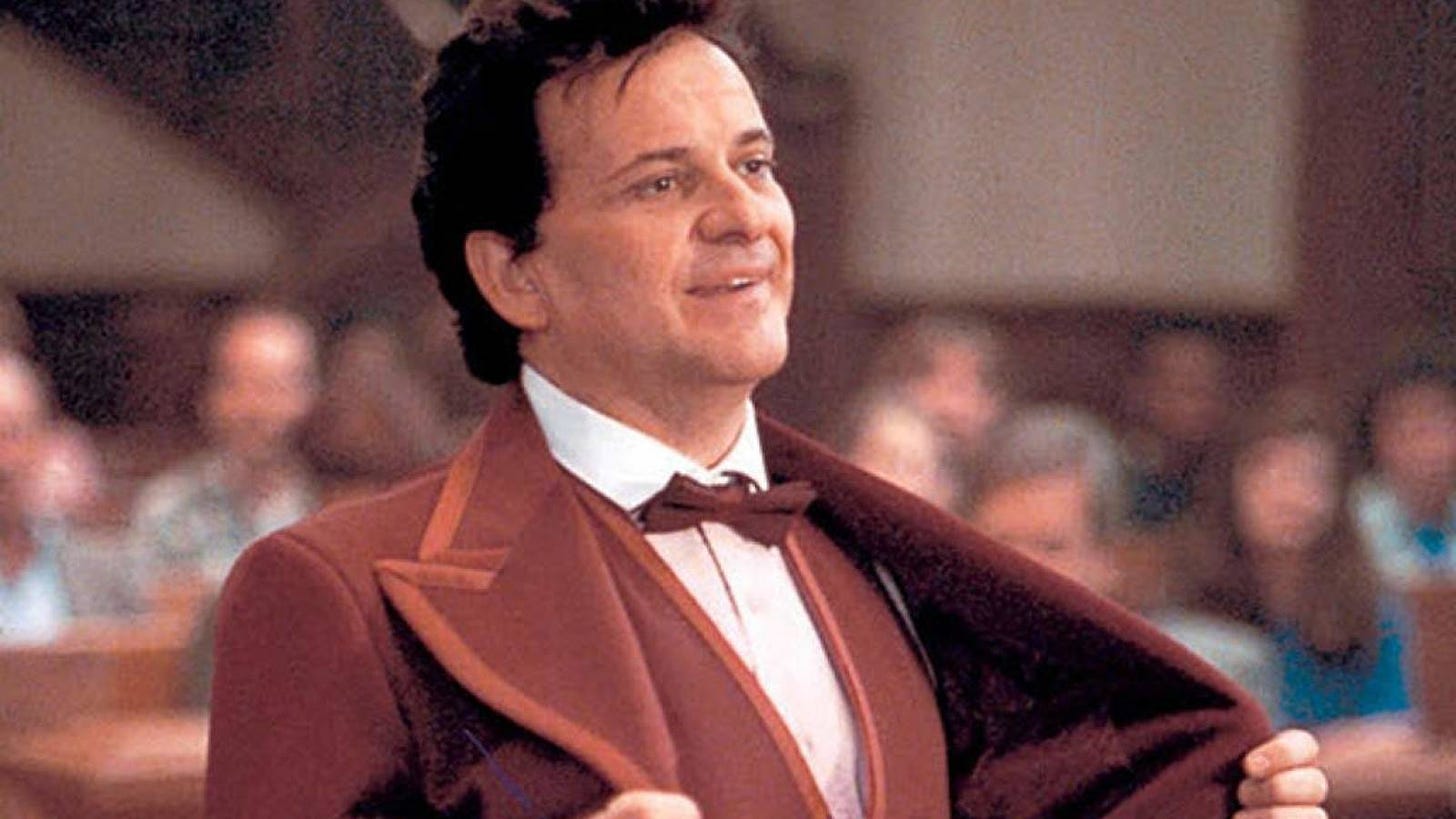I really enjoy the comments you all leave on my posts. Civil Discoursers are smart, thoughtful, and ask some really great questions. After a post last week, Captain Avatar asked in the comments:
“Dear Ms. Vance, Please provide your readers with a legal description of the ethical rules applicable to attorneys when dealing with their lying client. My understanding is that a defense lawyer can be sanctioned (punished) if they proffer to the Court evidence or affidavits or statements of their client that the attorney knows to be untrue. It is also unethical for the defense attorney to state to the Court facts known to be untrue. And you may want to surmise why Trump's lead lawyer Chris Kise is no longer the lead lawyer in the MAG-A-Lago case.”
This is a great question. And it’s an important and timely one given a certain former president and his legal woes. So, where is the ethical line for a defense lawyer who has a client with a penchant for lying?
Lawyers are strictly prohibited from presenting testimony that they know is perjured in court. It wouldn’t be just the client facing consequences, if they took the stand and lied. In addition, federal rules of procedure permit courts to sanction lawyers who include facts in their court pleadings that aren’t supported by evidence. You can take a look at the full rule here.
Lawyers are often the butt of bad jokes. But sometimes it’s the client who deserves the focus.
That takes us, of course, to Donald Trump. What do you do when your client insists he used some kind of Vulcan mind meld no one else knew about to declassify documents? What do you do if all the spaghetti (or is that ketchup?) he throws against the wall in an effort to save himself gets neatly wiped away? That keeps happening to Trump. The National Archives did it when Trump claimed Obama kept classified material. GSA stepped in to refute Trump’s claims they’d packed up the boxes containing classified material and other government records that Trump took to Mar-a-Lago.
Knowing you have a client on your hands who’s a lying liar is bad enough. But what does a lawyer do when the client wants to involve them in the lies? Alex Cannon, a former Trump organization lawyer, knew the answer when he rejected Trump’s request last February to put forward the claim that all of the records in Trump’s position had been returned. Trump lawyer Christina Bobb wasn’t quite as savvy, signing the certification no other Trump lawyer put their name on in June, attesting that all of the classified materials Trump had in his possession had been provided pursuant to DOJ’s subpoena. It would be surprising if she didn’t face legal consequences as a result.
Sometimes the lawyer has to fire the client. But that doesn’t happen often. For one thing, lawyers have an obligation to vigorously represent their clients, and can’t always just walk away, especially in a criminal case, without the court’s permission. So, I chatted with a few friends who do or have done defense work about how they handle these situations.
I asked Augusta Dowd, a Birmingham friend and name partner in a local firm that handles white collar defense work, where she drew the line. She told me that while ethics rules don’t provide absolute clarity on what a lawyer is required to do, she has developed personal guidelines, honed by years of experience. “The line to me is gray and fluid. I have gotten to the point where I will express my concerns about their lying statements and tell them they need to get other counsel. They can go find someone who will tolerate that stuff…I think it’s a reflection on the lawyer if they allow that type of client relationship to continue.”
My former DOJ colleague Andrew Weissman spent ten years in private practice as a defense lawyer, as well a working for DOJ and the FBI, so I was particularly interested in his views. He addressed how you handle a client who wants to present false evidence in court:
“I think this is a factual line. The defense has an obligation to represent the client zealously but is an officer of the court. There are two things you can do if you can’t talk your client out of going with a story you believe is false. If you know it’s false you cannot present it. If you believe it’s false or know it’s false you always have the option of withdrawing. It’s not indentured servitude and you can draw your own ethical lines as to what you will tolerate.”
Like my friend Augusta, Andrew confirmed that there are bright line ethical rules when a lawyer knows the client is lying and wants to use the lies in court. But when it’s less clear, or before a case moves into the courtroom, it’s up to the lawyer to set their own boundaries. And good lawyers do.
My friend Danny Cevallos is a legal analyst and author for NBC, but also has his own criminal defense firm and is an experienced practitioner. Danny had some insight into what it would be like to represent Trump:
“Trump would be any defense attorney’s nightmare. He’s a guy that wants to give orders and have them followed. That’s not how criminal defense works. A difficult client must make the major decisions: plead guilty, take the stand. But the lawyer must make the tactical decisions, and refuse to allow the client to control them. Clients like Trump think that doing things their way will extricate themselves from legal trouble. But they miss the fact that doing things their way is why they are in legal trouble in the first place.”
“Defense attorneys should inform the client about everything that happens in the case and solicit the client’s thoughts. But the line is this: decisions about strategy must be the lawyer’s. Ethical decisions must be the lawyer’s. And the lawyer must be ready to walk away from a well-paying client if the client doesn’t accept this.”
One takeaway—it’s very important for lawyers to have a good grounding in ethics. No first year law student imagines they’re going to be confronted with a scoundrel of a client. But knowing where the formal lines are, and perhaps more importantly, making a personal commitment to your own ethical boundaries where the rules are less clear, is essential.
We’ve seen Trump lawyers like Rudy Giuliani face disbarment. There are also Trump lawyers who’ve been convicted of crimes (Michael Cohen), forced to sever ties with their law firms (Cleta Mitchell), or who remain under investigation (Sidney Powell, John Eastman, and too many more to name, although the New York Times has a good list in this September piece).
Lawyers are officers of the court in a very real sense. They have an obligation to their clients, but also one to the rule of law. Good lawyers set clear boundaries. At the end of the day, their reputation should matter more than one case or one client. Trump has a way of destroying the lawyers around him just like he does with other who hitch their wagon to his. So it’s up to the lawyers to stand up to the client.
I hope this helps with the questions Captain Avatar and other have been asking!
We’re in this together,
Joyce






This is very interesting. And what of Supreme Court Judges who lie in their Confirmation Hearings?
Another question... It's my understanding from listening to you, Andrew, and other lawyers on MSNBC, the fact that someone (DJT in this case) removes classified documents from the security of where they are stored, is breaking the law and punishable by up to x years in prison. I've heard former CIA director John Brennan say if he had done so, he be in custody immediately. WHY is this not the case for DJT? Is the DOJ looking for a "higher" crime with which to charge him?
Always appreciate your comments when you appear on MSNBC.